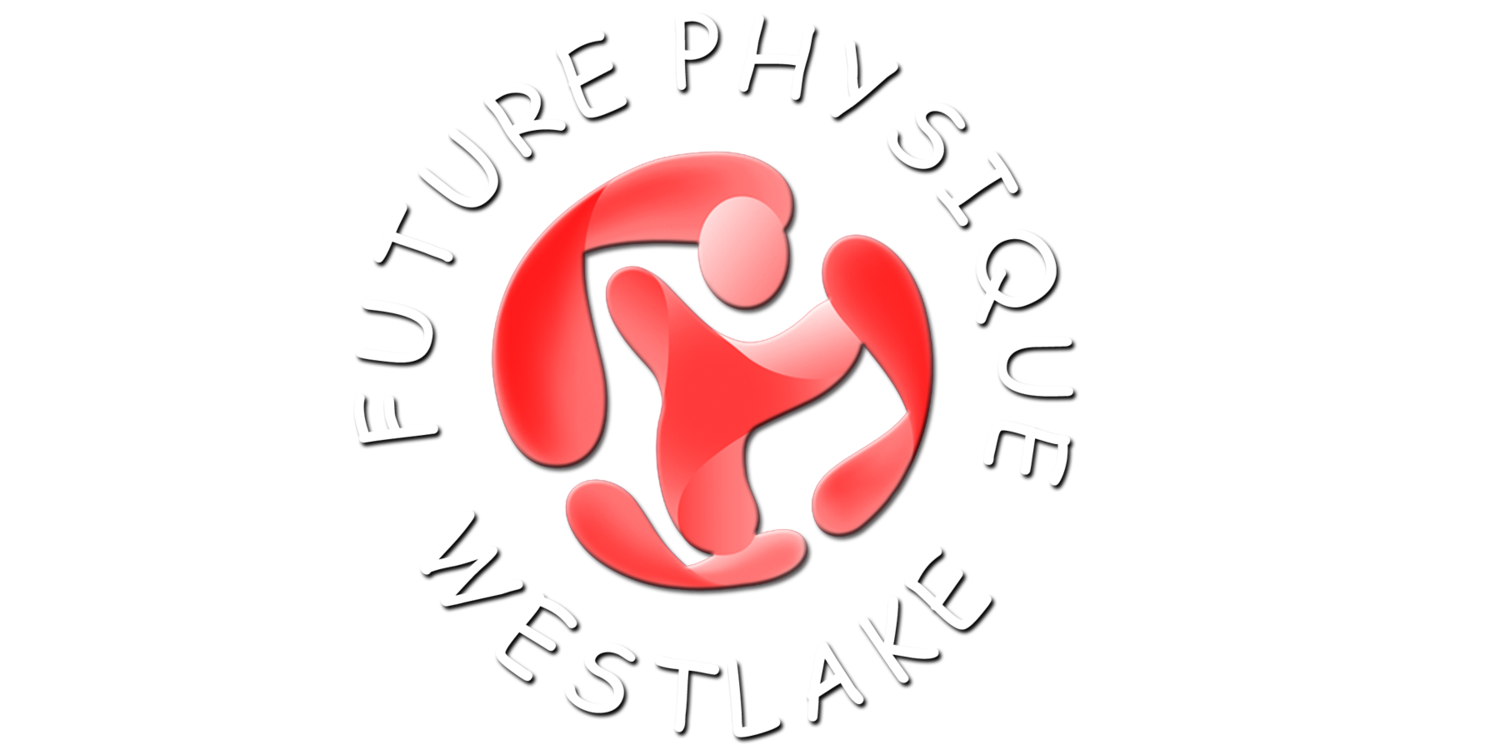How to Hack Your Life to Stay Motivated to Exercise - Part 2
/This article originally appeared on Lifehacker
In Part One of How to Hack Your Life to Stay Motivated to Exercise, we covered how to break down the mental walls that keep you from getting started on a healthy exercise plan. In Part Two, we'll focus on how to stick with that new exercise plan!
Stay Motivated and Engaged to Stick With Your Plan
So what does work? Well, there's more information and advice out there than you could ever possibly use, but the key is to figure out what you'll stick with, so don't be afraid to experiment! Just remember what we said: if you stumble or falter, that means you just need to try something new or start slower—not that there's something wrong with you. Try some of these suggestions:
Set the Bar Low and Start Small. The first time I started working out, I decided to exercise daily for a half hour. Sounds good, right? Well, starting from zero to every day worked well for a while, but when I had to miss a day because I worked late, was sick, or my schedule changed, I felt terrible. Eventually I gave up, and beat myself up over it until I could get motivated to start again. Don't make the same mistake—if you're having trouble with every day, start with twice a week, or once. Whatever it is, start with something you can definitely do effortlessly. This is where suggestions like parking on the far end of the lot and taking the stairs come into play. Try these minimal daily exercises on for size.
"Instead of setting out to exercise 5-6 times a week, aim to do 1-2 times - consistently," fitness expert Roger Lawson says. "Set the bar low so that you can build up initial success and build the self confidence and examples of winning that you'll need once things get harder." Derek Flanzraich, CEO and Founder of Greatist, agrees: "On Sunday nights, schedule your workout times into your calendar for the rest of the week. That removes a ton of excuses— you'll rarely, if ever, really ‘just fit a workout in' when you've got a free moment. You're too busy! Schedule it in advance and it'll be top of mind!" The time for ambitiousness is after you have a track record of success. Remember, we're trying to get started, and getting started is hard enough.
Whatever You Do, Make It Fun. Roger couldn't stress this enough, and neither can we. Whatever you do, enjoy it. Choose something rewarding enough to make you feel good about doing it. If you're having a good time, Roger noted, mistakes feel like learning experiences and challenges to be overcome, not throw-up-your-hands-and-give-up moments. This is one reason that he loves sites like Fitocracy, the Mindbloom Life Game, and Superbetter, which also adds a game-like element to wellness.
Derek suggests picking a fun challenge designed for people in your shoes. Stuck on the couch? Try the Couch to 5K running plan! Maybe a mud run or martial arts class would be more up your alley. Whatever it is, make sure it's something you'll have a great time doing, and is low-enough impact that you can get in, keep up, and slowly challenge yourself as it progresses.
Join Communities that Build Positive Habits. Speaking of Fitocracy, Richard explained that services like Fitocracy do so well because they offer consistent, positive rewards for sticking to your guns. Even if you don't see results in the mirror right away—and you won't—a site like Fitocracy rewards you with levels, badges, and other treats that keep you engaged and motivated to do better. That's all great, but Richard explained it's really just a carrot to get you to the real prize: the community. "Wanna know our dirty little secret? I haven't really told this to any journalists explicitly, but points don't help all that much in the long run. They're merely a gateway drug that gets you involved into the community." Don't get caught up in counting calories and tracking steps walked that you miss out on how powerful a community, a workout buddy, or family and friends, rooting for us can be. It can make all the difference.
Use Technology Wisely: To Recount Your Victories. Technology can be a huge benefit to help you see your progress in a way that looking in the mirror won't show you. Roger suggests keeping a calendar as a visual track of your victories. Each time you stick to your plan, whether it's diet, exercise, or both, mark it on the calendar. The goal is to keep that track record, whether it's on a calendar, in an app, or on a website, going unbroken as long as possible. Just remember, quantifying your efforts is just a method to get feedback and track your progress. Your tech should be a means to building better habits, not the habit in itself.
Derek reminded us that the turning point for him—and likely for many of us—is when we realize that we're in total control of our choices—not someone else who with a fad diet or book to sell—and that can be incredibly empowering. Once you make that realization, Roger notes that you should always remember where you are now when it comes to health and fitness. Whether it's diet or exercise, being honest with your current situation will keep you from being too ambitious and setting yourself up for failure, or from giving up entirely. "Begin where you are, not where you want to be. Becoming overwhelmed initially is the fastest way to halt all progress. As you get better, do better, and not a moment sooner."
Let us know when you're ready to get started!



